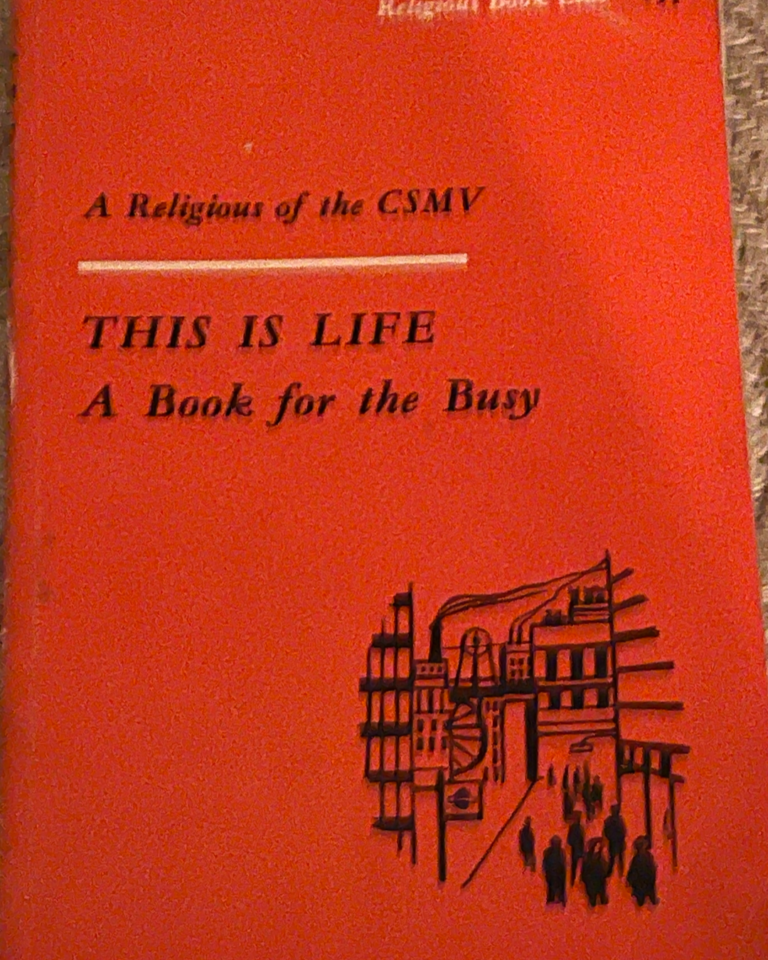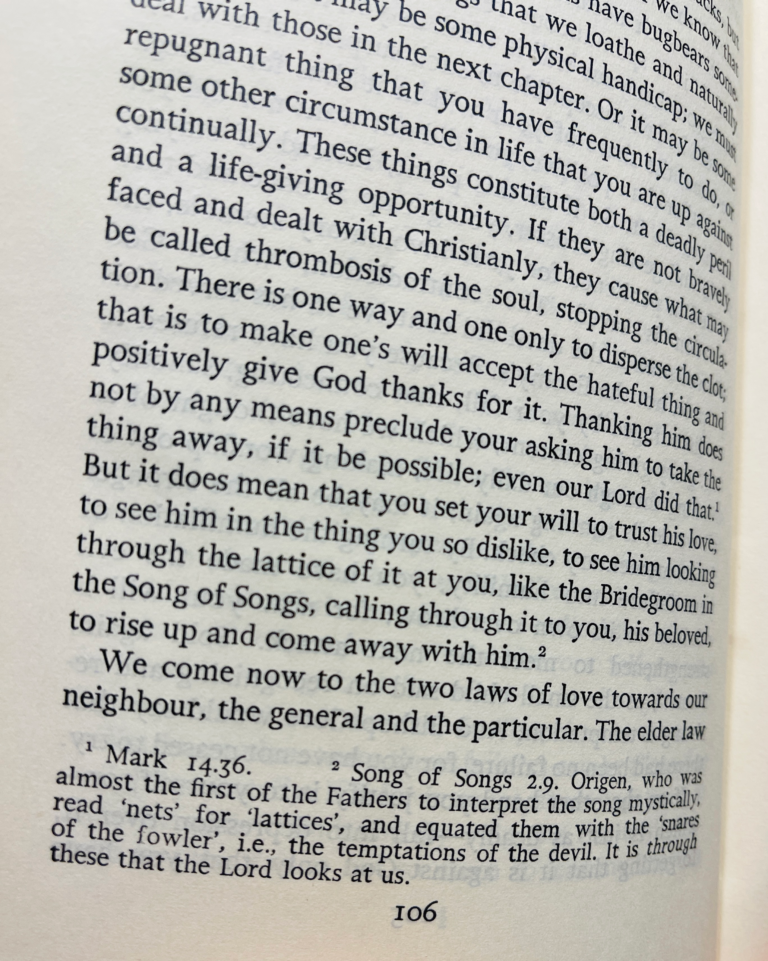
“Let all bitterness and wrath and anger and clamor and slander be put away from you, along with all malice. Be kind to one another, tenderhearted, forgiving one another, as God in Christ forgave you.”
Ephesians 4 vv. 31-32
Little Nehemiah is back home. I miss her dearly. She truly is the most beautiful little being. And I love her so much. Until I see her again, I’ll take this time to write but mostly share from a little book called THIS IS LIFE: A Book for the Busy. It’s a little gem, which I have gleaned from so greatly.

A few weeks ago, the women’s Bible study associated with the church I attend, resumed its weekly meetings. As I am sure I’ve mentioned before, this study is so wonderful and meaningful. Every week, I return to the study with more insights about who I am as we are led to areas where we confront daily behaviors and patterns of living that are not favorable to God’s Word. This week’s study was on anger and bitterness.
To prepare for the study, I decided to take Monday and review these teachings. I studied from 9am to 1:30pm, while taking breaks to complete laundry and other chores. Even in such a stretch, I felt the time was not enough. I was captivated! I am glad I took this time though, because right at 3pm my telephone rang, and I was led once again to ease a full-blown argument between two people. I am thankful for the lessons of earlier that day. Whew!
After the call, I thought of a beautiful lesson from this little book I mentioned above. The lesson is focused on practical suggestions for dealing with people, even those who are challenging. The lessons start at the last paragraph of the photo/page below. I have written out most of the lesson.

Here goes:
“We come to now to the two laws of love towards our neighbor, the general and the particular. The elder law had the one commandment only, “Thou shalt love thy neighbor as thyself.” This implies that there is a right self-love, a sense in which we ought to love ourselves, and err if we do not. The right self-love loves self because God does, and for no other reason. It wants what God wants for itself, and nothing else. This is no more than common sense. How shall we not love the self that God has made, that he so loves, and for which our dear Lord took flesh, and died, and rose again? Pious writers sometimes speak of “hatred of self” as the necessary concomitant of love for God, and the mark of the saint; but that is wrong. We have to hate our sins, for they are blemishes on God’s beloved, but most emphatically we are NOT to hate ourselves.
For the same reason, we are required to hate other people’s sins, but love themselves. It is easy to say that, and to point [out] the distinction in words, but very difficult to do it. You cannot separate a person from his faults that perhaps hit you in the eye, as maybe yours do him. How then is it possible to hate the one, and yet to love the other?
The answer comes out of that description of what will happen on the Day of Judgement, to which we referred just now. The Incarnate Son of God has so identified himself with Man that he includes all men. In the dear old evangelical phrase, we have therefore to “see the Lord” in them. Sometimes this is quite easy, and you can’t help doing it. He has a way of peeping out from the most imperfect people on occasion, even from those who barely know his name, and in the truly holy and humble of heart he is never far to seek. But at other times and with many people he is so wholly hidden that to see him in them, and to act accordingly, calls for heroic faith. But the effort of faith must be made, for of all the hindrances to worship in our lives, there is none greater than failure in charity towards our neighbor …
First, as a necessary safeguard, one should bind oneself by a solemn promise made to God in prayer never to speak of anyone’s shortcomings to a third person without real necessity – never, that is, to do so merely to relieve one’s feelings and get sympathy. Failure to keep this promise must be confessed as sin.
Second, one must be very brave and honest in searching one’s own heart. You can be pretty sure that pride comes into your unfortunate reactions to that person, and there may be jealousy as well. Out with it, then. Admit it and condemn it. If there has been open friction between you and the other, and words have passed between you that are matter for regret, then apologize without delay for your share in the fault. Someone has got to begin; it had better be you.
Thirdly, one must take every chance that offers of showing friendly to the person whom one has got across. This approach, however, must be humble, not de haut in bas. Nothing is more alienating to an already exacerbated B than self-conscious magnanimity on the part of A. One should be at least as genuinely ready to put oneself in the other’s debt for help and kindness, as to put him in one’s own. In some cases this may involve turning a blind eye and a deaf ear to quite a lot for quite a time; but few people’s defenses can stand up indefinitely to the assault of genuine, effective love (i.e. effective as distinct from affective; love that acts, not love that feels), which is what these tactics are, and many ultimately staunch and lifelong friends have been made and won in this way. Moreover, truly Christian meekness is not weakness; it is strength, for it requires tremendous self-control. You put up with a lot, perhaps, and some may say that you are letting the other person wipe his boots on you and showing lack of spirit. Of course, some characters do let themselves be dominated and browbeaten by others of a more aggressive temperament; but that is quite a different thing, and good for neither party. The generous forbearance that we are advocating here is good for both of you. It is good for A to practice active love to B, and to try “to see the Lord” in him, regardless of his feelings; and it is good for B to have the best believed of him. Further, only the truly humble person in the part of A, the one who is normally forbearing almost to a fault, will have the grace and power on occasion to stand up to B and – as the modern idiom has it – show him where he gets off. Such rare but unequivocal rebuke, given in gentleness and selflessly and prompted by the Spirit, will take effect where a score of heated tellings-off only make matters worse. But no one can hope to act A’s part like that, unless he is prepared to take occasional rebuke himself.
Lastly, this line of action is a fulfilment of the “new commandment.” To put it mildly, our Lord puts up with a great deal from us. He helps us; yet in his great humility he seeks our help. He fully knows the worst of us, yet he believes the best. He loves us whole. He loves us redemptively, constructively, creatively. In fact, his love is what Saint Paul describes:
Love is patient and kind;
Love is not jealous or boastful;
It is not arrogant or rude.
Love does not insist on its own way;
It is not irritable or resentful;
It does not rejoice at wrong, but rejoices in the right.
Love bears all things,
Believes all things,
Endures all things,
Hopes all things.
Love never ends.
That love he requires from us towards each other.” ( Pgs.106-112)
Friends there are so many rich reminders in these paragraphs. And there are also many more of them in this book. We know the Bible provide answers for every problem; yet sweet prompts as these, I ‘ve found, take us back to God’s words for deeper study, repeatedly. As we near the end of this month highlighting love, we must always remember that “We love, because He first loved us.” 1 John 4 v. 19. Yes, even the people we do not want to deal with! Yes, even them!
I hope to be here more often in March!
With love,
Char
Sources:
A Religious of the CSMV (1960). This Is Life: A Book for the Busy. London, England: SCM Press. (Pgs. 106–112).
Unless otherwise indicated, all Scripture quotations are taken from the ESV® Bible (The Holy Bible, English Standard Version®), copyright © 2001 by Crossway, a publishing ministry of Good News Publishers. Used by permission. All rights reserved.


This is so good, Charlotte!!
Where did you find this book?
Dana
Hi Dana,
I’m happy it was helpful!
I found the book on Amazon.
Cheers!
Charlotte